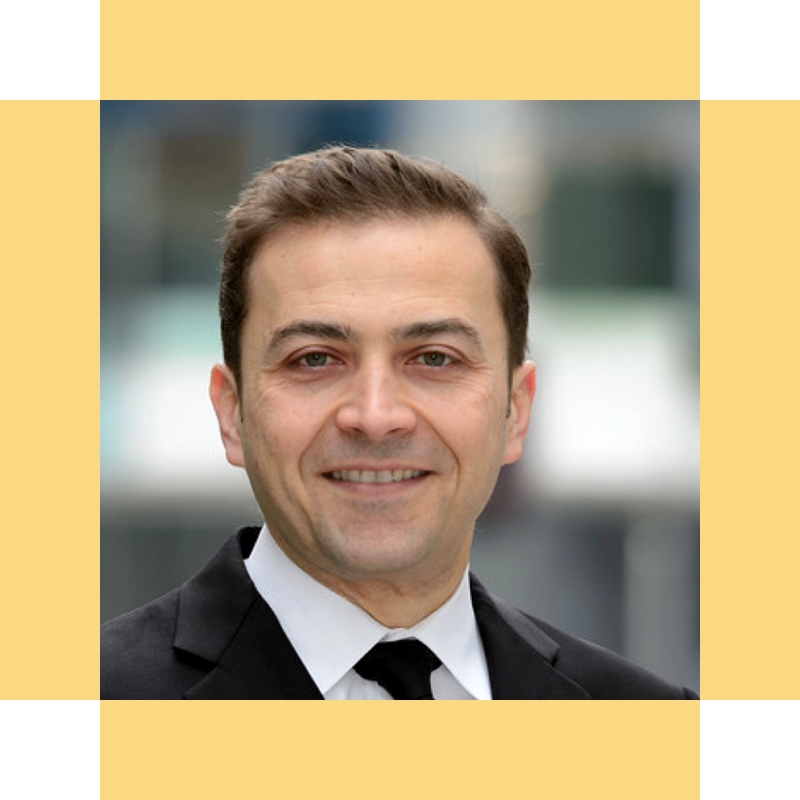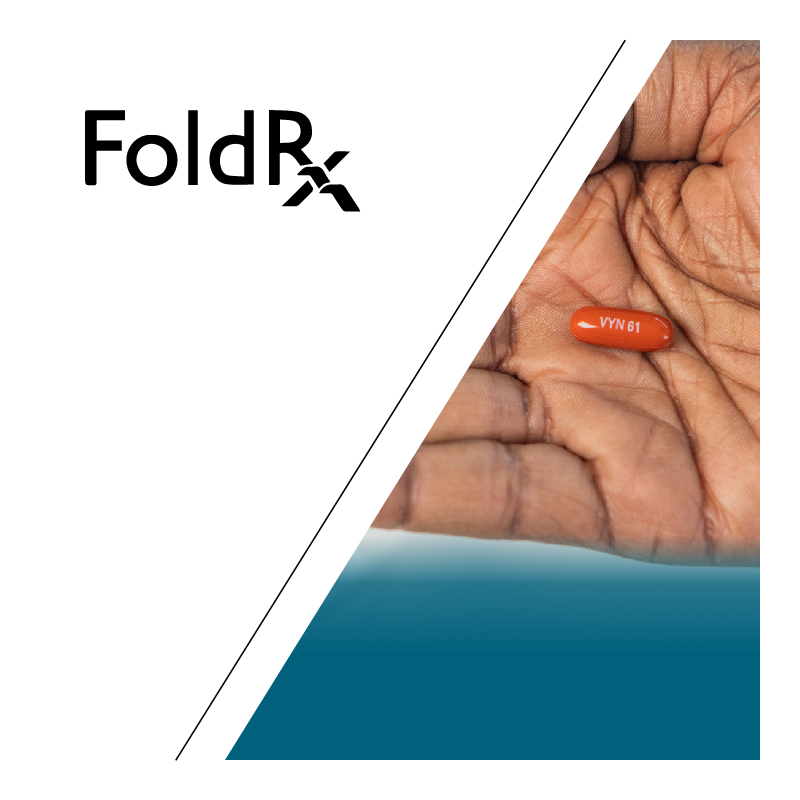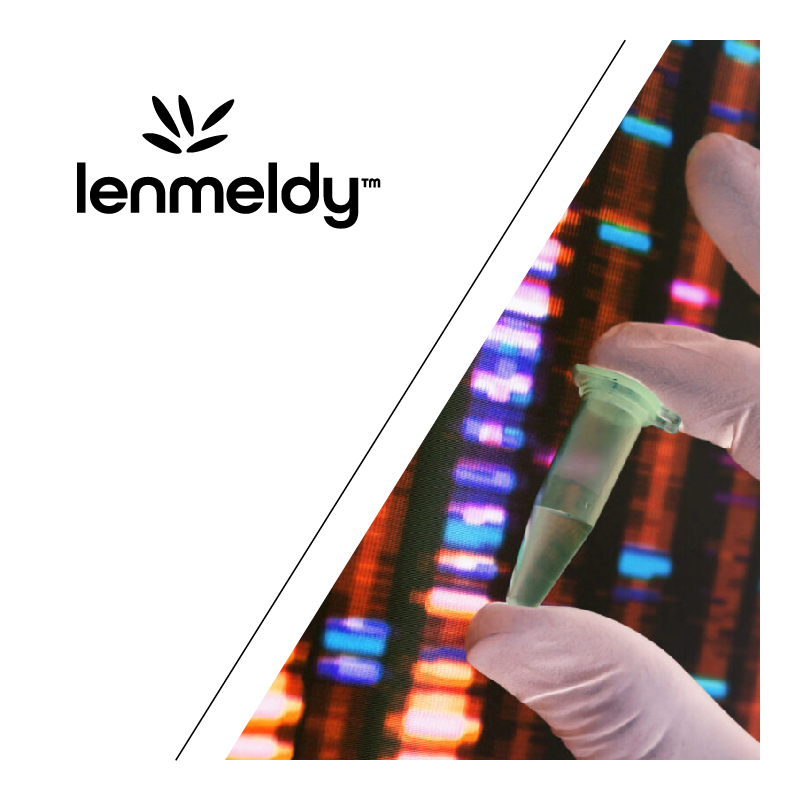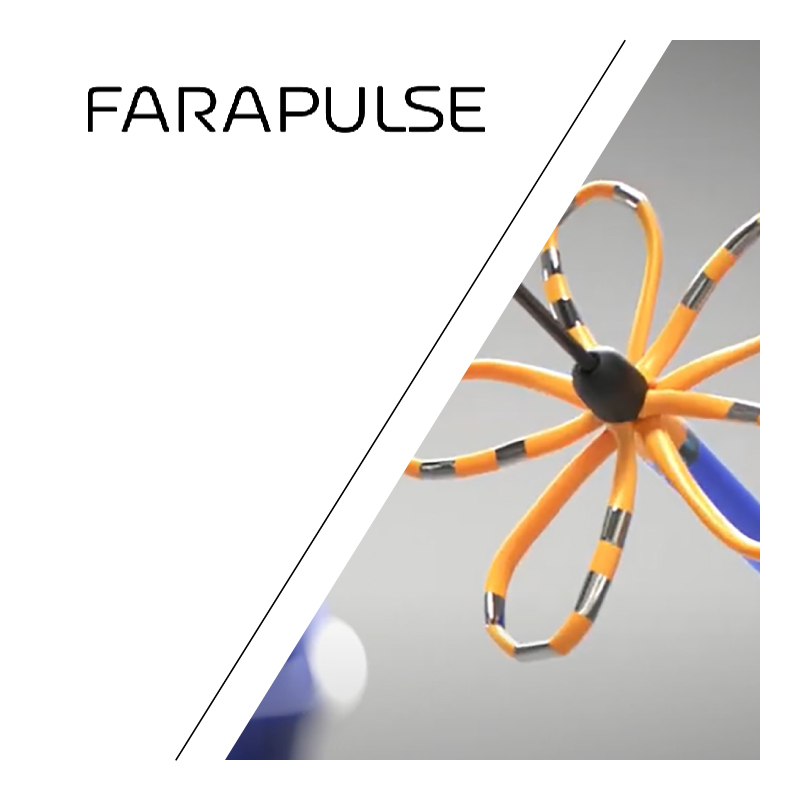Behind the Breakthrough: Q&A with Emanuele Ostuni, ARTBIO

ARTBIO
Location
Basel, SwitzerlandCambridge, MA
Oslo, Norway
London, UK
Sector
Life SciencesInitial Investment
2021Status
PrivateBehind the Breakthrough: Q&A with Emanuele Ostuni, ARTBIO
What does it mean to be CEO? It is more than holding the highest-ranking position in an organization. It is becoming a business builder.
In a way, all CEOs have the same responsibilities — expanding the company, collaborating with the board, engaging stakeholders, defining strategy, and creating a positive culture. However, the way in which one approaches these tasks is a means to stand out from the crowd.
Emanuele Ostuni is founding CEO of ARTBIO and worked closely with Roy Larsen and ARTBIO’s investors to build the company and its business model. Previously, he was head of Europe for Cell and Gene Therapies at Novartis Oncology, where he oversaw all commercialization aspects for Kymriah in Europe, the first FDA-approved CAR-T cell therapy.
For Ostuni, he never spent time in radiopharmaceuticals, but his role at Novartis had overlapping complexities. The products they were pursuing were multifaceted to make, deliver, and administer and he got satisfaction out of sorting through how to simplify it for patients, physicians, and ultimately payers. He felt his best when he was managing something multi-dimensional.
He explained, “The potential for efficacy in radiopharmaceuticals is high and there is an opportunity to build a platform, establish a supply chain and create a differentiated pipeline that allows ARTBIO to stand out from what the rest of the industry is doing.”
As ARTBIO launched in June 2023 with a $23 million seeding financing, Ostuni shares what drew him to ARTBIO, insights into his current role including leadership style, and advises fellow CEOs to connect with each other since they are “the few people who really understand what we go through.”
1. What motivated you to join ARTBIO?
As a scientist and seasoned executive, I was really intrigued by the potential of the technology and the science behind the company. The radiopharmaceuticals industry is not as well developed as the rest of oncology and immuno-oncology offering an opportunity to extract some good wins for patients while at the same time moving the field forward in a meaningful way.
In my early conversations with the F-Prime team, they were very open about sharing what they were thinking about and allowed me to share my views on how my experience in CAR T could lend itself to the innovation that was required to bring forward radiopharmaceuticals. It became a joint project very quickly where everybody brought something. F-Prime identified the technology from the scientific founders and allowed me to assess how it could be pushed forward.
2. What differentiates ARTBIO from other RLT players in the industry?
Our choice of medical isotope was driven by what is best for patients to beat their cancer. With that decision, we built backward to the technology needed to produce the isotope and have supply chain security – we are unique in that we also own and control the manufacturing of isotopes instead of relying on a third party. Our manufacturing approach is distributed to match the dynamics of the isotope, instead of trying to force fit it into a centralized approach that is exposed to several risks as most others are doing – issues with that approach have already surfaced with a negative impact on patients. Lastly, we created our own discovery labs to build a pipeline of new experimental therapies leveraging our ideal isotope manufacturing. We are creating this important infrastructure in part alone and in part in collaboration with a focus on simplifying and improving the delivery of therapies to patients and hospitals.
3. What’s been the most rewarding aspect of ARTBIO coming out of stealth?
We recently attended the Society of Nuclear Medicine and Molecular Imaging’s 2023 Annual Meeting, and it was amazing to see the team in action. I am most satisfied when I see them succeeding and it really showed when we were there all together. At ARTBIO, we believe in the importance of teamwork, exchange, and collaboration to bring our field forward.
We were also having conversations with peers and investors, both on the ground and in the background, that gave me clarity that we have accomplished a tremendous amount. Since the fundraise, it is clear to me how our differentiation from competitors is emerging. We are inspired by the many advances and innovative ideas that our industry is working on and there are many unmet needs left to be addressed.
4. How would you describe your leadership style?
I tend to be a giver, and I start with trust. I am also an experimentalist by nature and focus less on if something is right or wrong, but rather on having a robust approach and hypothesis. If things do not work as well as we expected, I ask why? What is the learning so that we quickly adjust and reach our goals?
I also surround myself with deep experts who also have personal characteristics that I think are critical for our team. We are building a new space, and the way things worked in the past is not going to work this time around. I am looking for people who have expertise in neighboring areas of the business, and also the ability to learn what is going to be different about our approach from what’s been done in the past. I aim for people who are driven and those who are doing it in a humble way. They put the team before themselves, thrive on data and value the importance of being transparent.
5. What’s one lesson you’ve learned so far as CEO of ARTBIO?
As a giver, it is hard to stop, but as CEO I have had to learn to modulate and know when it is the right time to stop serving. The CEO role can be a bit lonely, but I prioritize understanding what my stakeholders need rather than what I need from them.
6. ARTBIO just launched, but are there any noteworthy goals that you as CEO are currently focused on achieving?
My number one focus right now is rounding out the team. We can fundraise, but we need the people who manage those funds. I want to bring people with the right know-how, and also those who have chemistry with the team that we have in place now. Only the team can move the company forward.
As we work to optimize isotope manufacturing, therapy manufacturing, preclinical research, and clinical development, I need to make sure that all aspects move forward without becoming each other’s obstacle.
7. What is the best piece of professional advice you’ve ever received?
I have been blessed with many managers, peers, and direct reports who taught me a lot through their actions and words. The quote that I always go back to that summarizes a lot of my learnings and attitude is by Winston Churchill: “Success is not final, failure is not fatal: it is the courage to continue that counts.”
Subscribe to our newsletter to get the latest updates on how our portfolio companies continue to lead the way in their respective fields.


